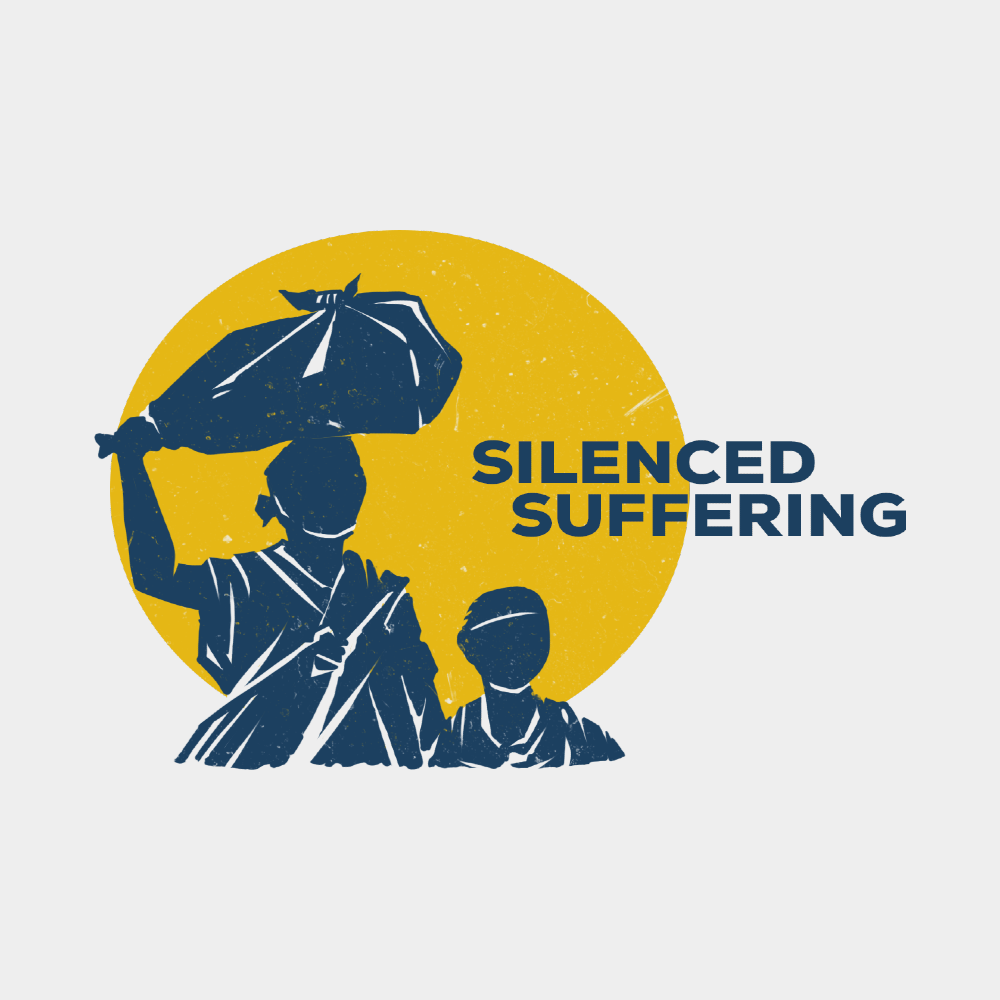We, the undersigned, are sounding the alarm on the ongoing atrocities committed against Indigenous and rural peoples in conflict areas around the world.
In recent years, there has been an alarmingly significant increase in state-led attacks, especially aerial bombardment, on rural communities. These attacks have led to widespread death, injury, displacement, and destruction.
Communities are paying the price for unjust wars
In 2021, over half of the 19,473 reported casualties in explosions were civilians. This marks the first increase in seven years. The use of explosives in populated areas takes an obscene toll on civilians, with more than 90% of those killed being non-combatants. Explosions from ground shelling, airstrikes, and improvised explosive devices cause deaths, injuries, and psychological harm to bombed populations.
An ongoing international war, rising militarism worldwide, and fragmented multilateralism make unified action in seeking accountability for war crimes, human rights violations, and peacebuilding more complex.
Changing character of warfare
Since the Iraq War, drone strikes have become more ubiquitous and deadly. Governments, including Burma’s junta, employ airstrikes and drone capabilities to pacify and control rural and indigenous peoples.
This escalating use of drones by various countries, including exports to nations like Burma, the Philippines, India, and the Palestinian territories with staggering records of wanton human rights violations, has altered the landscape of civil wars and state-perpetrated violence. The threat of permanent warfare looms over rural areas, exacerbating the already burdensome psychological toll of bombings and conflicts.
In addition to the physical violence, these attacks also devastate the economic, social, and cultural fabric of rural communities. They disrupt livelihoods, destroy homes and schools, and sow fear and uncertainty.
Disproportionately, the victims of these attacks are indigenous peoples and rural communities. These communities are often marginalized and have limited access to resources and services. They are also more vulnerable to attacks because they live in remote areas and have less access to information and protection.
What communities need
We are particularly concerned about the largely unreported, unaccounted for, and unaddressed nature of these atrocities. These factors make justice for the people living in these war zones even more elusive. Indeed, despite international law and local laws, there is little to no justice for survivors of these attacks.
We call on the international community to take urgent action to stop these atrocities and ensure that those responsible are held accountable.
We urge you to join us in speaking out against these atrocities and demanding justice for the victims and survivors.
Unities and Calls to Action
- IP and rural peoples living in conflict areas of Burma, the Philippines, Bangsamoro, West Papua, Palestine, India, and Pakistan face similar atrocities by state forces.
- The increase in State-led attacks, especially aerial bombardment, have led to not only damage and deaths in communities, but also long-term displacement, violations of economic and socio-cultural rights, and threats to peoples’ welfare.
- IP and rural human rights defenders in many Global South countries, especially in Burma, the Philippines, and West Papua, face increased state-led attacks amid escalating conflicts, especially in the last five years.
- Colonial wars of subjugation in Palestine, Burma, and West Papua are being deceitfully categorized as civil wars to deny the rights of self-determination and liberation inherent in these struggles.
- Despite international treaties (IHL etc) and local laws in respecting rules of engagement, there is little to no access to justice for survivors of these aerial bombardments and human rights violations in these countries.
- There is a huge gap in monitoring, verifying, and reporting these human rights violations in rural areas, given the limitations of state-led and media reporting. Community-led monitoring and reporting has been proven to be the most robust and action-oriented framework in seeking justice for these communities.
- There is an urgent need for international solidarity and action among IP and rural communities, and rural HRDs in conflict areas in uncovering and exposing these escalating atrocities.
Stop the bombing of indigenous and rural communities.
Hold the perpetrators accountable.
Demand justice for victims and survivors of rural bombings.
Build solidarity and work together to deter future bombings.
Contact
For more information, please contact:
romeo.jara@ipmsdl.org
jctmercado@pcfs.global
vjuliano@aprnet.org
